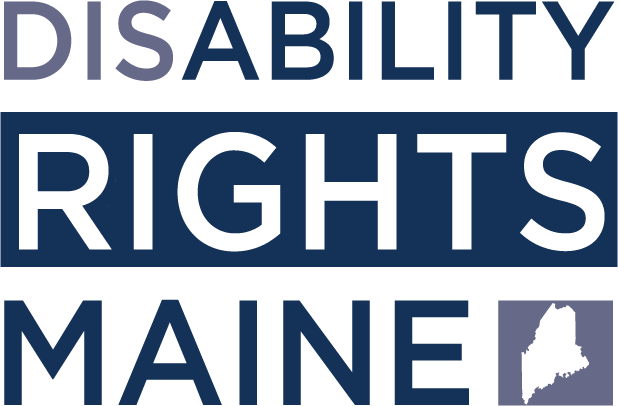This April marks the 24th anniversary of Sexual Assault Awareness Month. Since 2001, the National Sexual Violence Resource Center (NSVRC) has designated April as Sexual Assault Awareness Month to lift up and support survivors of sexual violence across the country. The theme of this year is “Together We Act, United We Change.” Now more than ever, it is up to all of us to work together to support survivors and organizations working to prevent sexual abuse, assault, and harassment from happening in the first place.
While sexual violence can happen to anyone at any time, we know that certain groups of people are even more at risk, including people with disabilities and members of the Deaf community.
- People with intellectual and developmental disabilities are seven times more likely to be sexually abused than people without disabilities.
- Only 3% of sexual abuse against people with developmental disabilities is ever reported.
- Deaf people are twice as likely to have experienced sexual abuse than those that are hearing.
These national statistics point out that the disability community is often exposed to the trauma of sexual violence even more so than people without disabilities. How do we change this?
One starting place is creating the space and tools to allow people with disabilities and members of the Deaf community to make their experiences known—to tell their stories and make sure people know that sexual violence should not be the reality for so many.
Some points to consider when working with survivors and especially disabled survivors include:
- Being aware of physical, policy, and communication barriers that can prevent survivors from reaching out for help;
- Believing survivors when they reach out to you;
- Following the pace of the survivor;
- Listening to what the survivor has to say without unnecessary interruption;
- Don’t assume. Ask what the survivor wants to do or what information they need;
- Using plain language in oral and written materials;
- Determining the best way to communicate with the person— for example, do they need a sign language interpreter?
- If you don’t know something, committing to finding the answer or best resource; and
- Collaborating with disability and self-advocacy agencies, like Disability Rights Maine and Speaking Up For Us, for trainings and materials.
Something else to think about is ensuring access to education about relationships for people with disabilities. Because of societal stigma, people with disabilities do not receive the same education as their peers about healthy friendships and intimate partner relationships. This targeted education is critical because of how common violence against people with disabilities is. People with disabilities deserve access to the same information as everyone else!
This Sexual Assault Awareness Month let’s all lean into the idea of “Together We Act, United We Change” and lift up the voices of survivors with disabilities!
If you need support please consider the following resources:
Maine Sexual Assault Helpline at 1-800-871-7741
Maine Domestic Abuse Helpline at 1-866-834-4357
Maine Crisis Hotline at 1-888-568-1112
